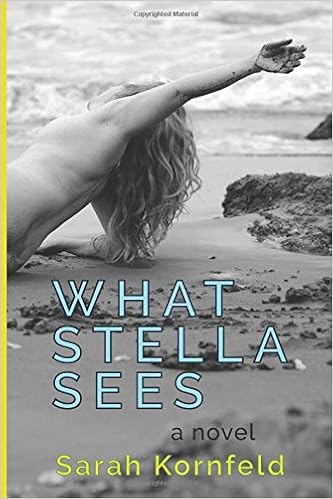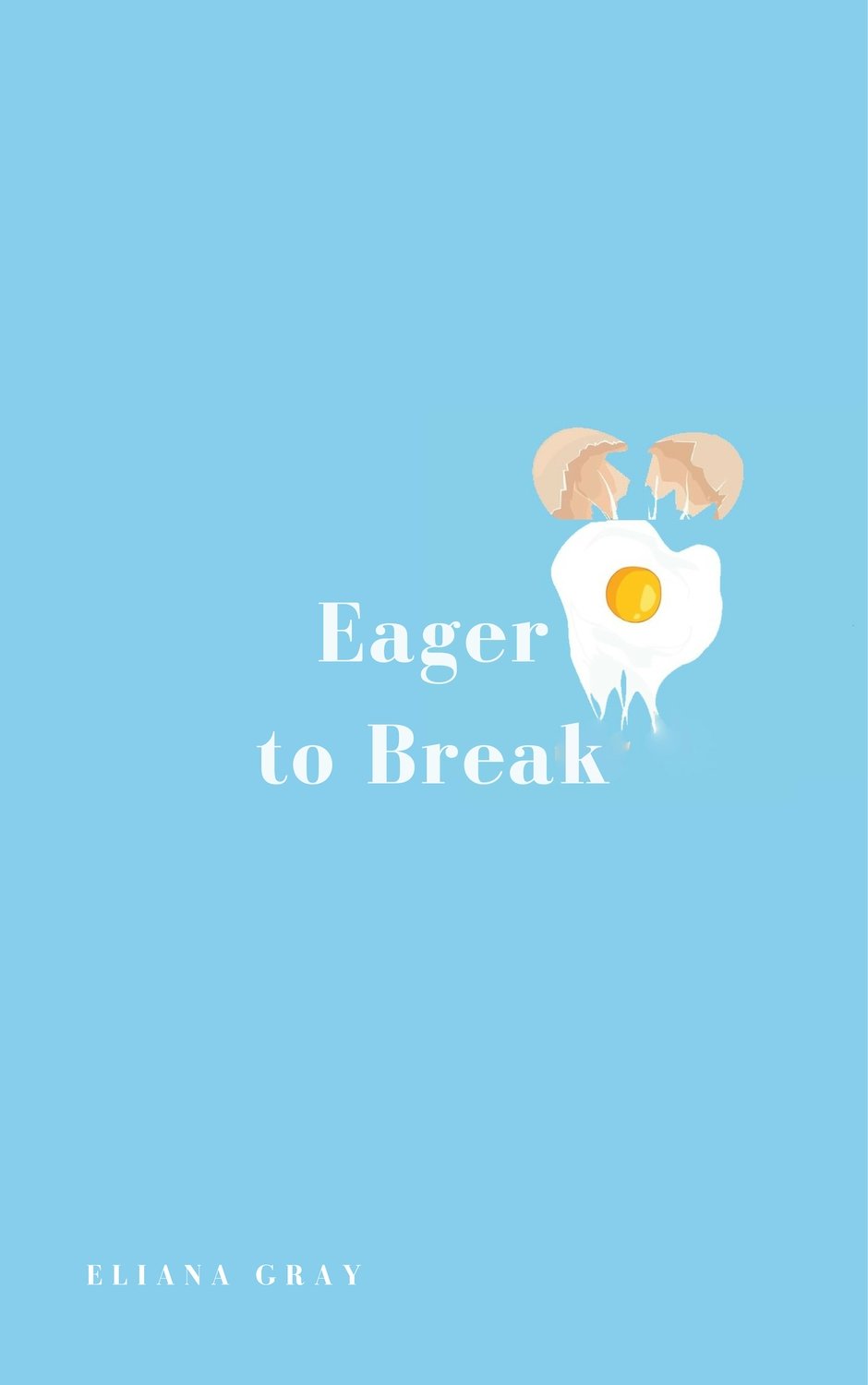 Tonya “T.I.” Lowe is a native of coastal South Carolina. She attended Coastal Carolina University and the University of Tennessee at Chattanooga, where she majored in Psychology but excelled in Creative Writing. In 2014, Tonya independently published her first novel, Lulu’s Café, which quickly became a bestseller. Now the author of 12 published novels with hundreds of thousands of copies sold, she knows she’s just getting started and has many more stories to tell. She resides near Myrtle Beach with her family and is here to talk about her new book and lots more.
Tonya “T.I.” Lowe is a native of coastal South Carolina. She attended Coastal Carolina University and the University of Tennessee at Chattanooga, where she majored in Psychology but excelled in Creative Writing. In 2014, Tonya independently published her first novel, Lulu’s Café, which quickly became a bestseller. Now the author of 12 published novels with hundreds of thousands of copies sold, she knows she’s just getting started and has many more stories to tell. She resides near Myrtle Beach with her family and is here to talk about her new book and lots more.
Author:
A review of What Stella Sees by Sarah Kornfeld
 Sarah Kornfeld’s writing is frequently surprising and audacious, with passages of sustained concentration. She is unafraid to report how people feel when they do not know it themselves; occasionally, she hints at a future with which they cannot possibly be acquainted. This is all excellent stuff, unabashed to ‘digress’ or to break rules that are there to be broken.
Sarah Kornfeld’s writing is frequently surprising and audacious, with passages of sustained concentration. She is unafraid to report how people feel when they do not know it themselves; occasionally, she hints at a future with which they cannot possibly be acquainted. This is all excellent stuff, unabashed to ‘digress’ or to break rules that are there to be broken.
Great new giveaway
We have a copy of Trails in the Dust by Joy Dettman to giveaway.
To win, sign up for our Free Newsletter on the right hand side of the site and enter via the newsletter. Winner will be chosen by the first of Aug from subscribers who enter via the newsletter.
A review of Eager to Break by Eliana Gray
 Eliana Gray’s latest poetry collection, Eager to Break, is assured, quiet, charming, and intense all at the same time. The work engages directly and openly with inherently distressing themes like sexual violence, mental illness, fear, PTSD and its many manifestations and loss, but always, and perhaps uniquely, with a muted joy – as if the opportunity to play with words this way, against such pain, were a gift.
Eliana Gray’s latest poetry collection, Eager to Break, is assured, quiet, charming, and intense all at the same time. The work engages directly and openly with inherently distressing themes like sexual violence, mental illness, fear, PTSD and its many manifestations and loss, but always, and perhaps uniquely, with a muted joy – as if the opportunity to play with words this way, against such pain, were a gift.
A review of Belief by Les Wicks
Belief is an elaborate mosaic where the tiles are words; paradoxes, satire and the vernacular adorn the pages of this beautifully crafted book. Belief is divided into seven sections, each section opens a door to two worlds: one the writer’s imagination and psyche and the other opens to the external world.
A review of Great American Desert by Terese Svoboda
 Svoboda’s characters contend with people who came before them: daughters with fathers, grandchildren with grandfathers, high-schoolers with college drop-outs. There is always someone there to blow the seeds into your face. Someone to obscure the vision. There is always something that manages to be not-there: pollution that is not believed in, menace that can be tied in conversation, meanness in the expectations of filial duty.
Svoboda’s characters contend with people who came before them: daughters with fathers, grandchildren with grandfathers, high-schoolers with college drop-outs. There is always someone there to blow the seeds into your face. Someone to obscure the vision. There is always something that manages to be not-there: pollution that is not believed in, menace that can be tied in conversation, meanness in the expectations of filial duty.
An interview with Tara Johnson
 The author of Where Dandelions Bloom talks about her new book and its inspiration, her favourite type of character to write, the themes in the book, the value of fiction and storytelling in today’s society and lots more.
The author of Where Dandelions Bloom talks about her new book and its inspiration, her favourite type of character to write, the themes in the book, the value of fiction and storytelling in today’s society and lots more.
A review of not a poster child: living well with a disability by Francine Falk-Allen
 In her evocative memoir, not a poster child, Francine Falk-Allen achieves her goal of describing life well-lived while handicapped. In so doing, she fulfills another goal: to honor all handicapped individuals. What results is a remarkable story told in an easily accessible and conversational manner with intelligence, wit, and grace.
In her evocative memoir, not a poster child, Francine Falk-Allen achieves her goal of describing life well-lived while handicapped. In so doing, she fulfills another goal: to honor all handicapped individuals. What results is a remarkable story told in an easily accessible and conversational manner with intelligence, wit, and grace.
A review of The Short Story of You and I by Richard James Allen
 There is an exuberance here; a delight in the word, in the construction of the self, the abnegation of the self, and in the sheer pain and joy of living, losing, and loving, that comes through each of the poems.
There is an exuberance here; a delight in the word, in the construction of the self, the abnegation of the self, and in the sheer pain and joy of living, losing, and loving, that comes through each of the poems.
Leaning into the “Crazy”: Reflections on The Collected Schizophrenias by Esmé Weijun Wang
 Wang’s genius partly comes from her ability to write about her illness with seemingly perfect clarity, as the sufferer and the scientist. The book is a testament to her brain—a brain working so well that it can so effectively describe the torment it causes her. Especially since, as Wang reminds us, schizophrenia is a disease of “loosening of associations,” in which the mind is working so hard within the person—against the person—to rid itself of itself.
Wang’s genius partly comes from her ability to write about her illness with seemingly perfect clarity, as the sufferer and the scientist. The book is a testament to her brain—a brain working so well that it can so effectively describe the torment it causes her. Especially since, as Wang reminds us, schizophrenia is a disease of “loosening of associations,” in which the mind is working so hard within the person—against the person—to rid itself of itself.